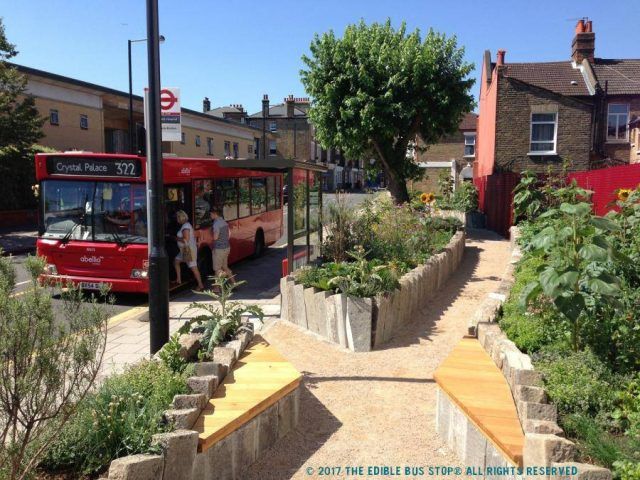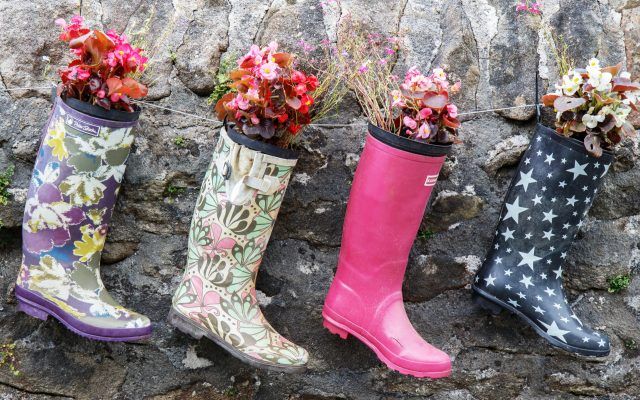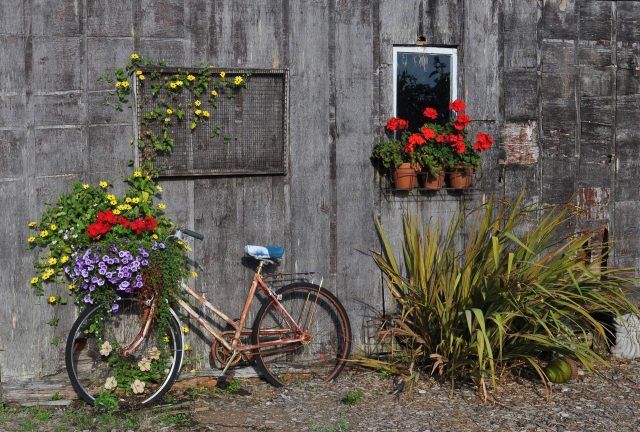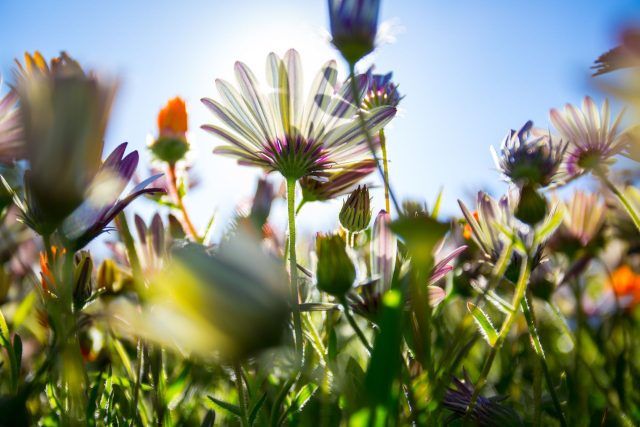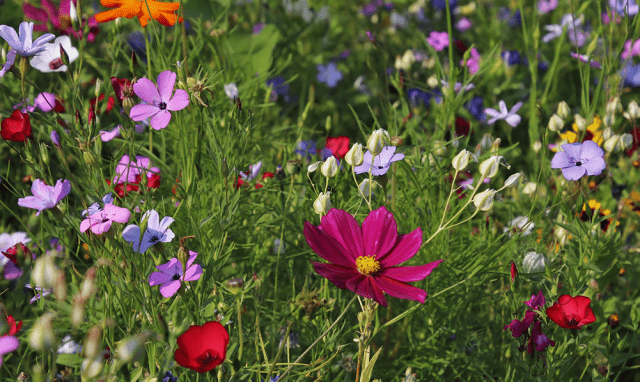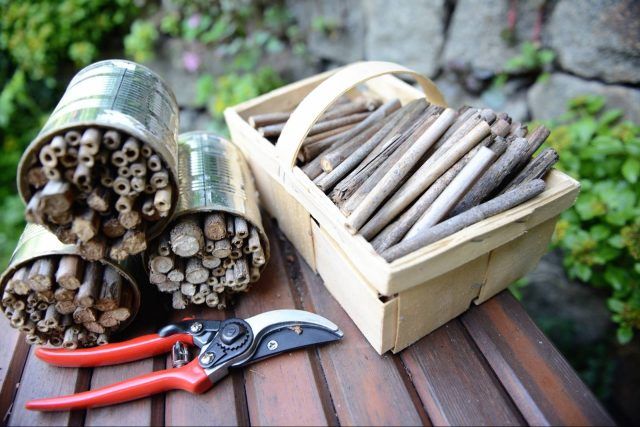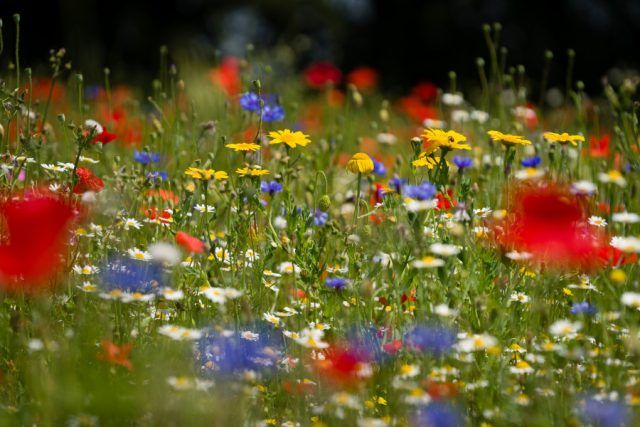Make your community greener
Here at the Eden Project, our story started with transforming a disused quarry into a green oasis. We know it’s possible to create wild, natural and magical spaces from the humblest of beginnings.
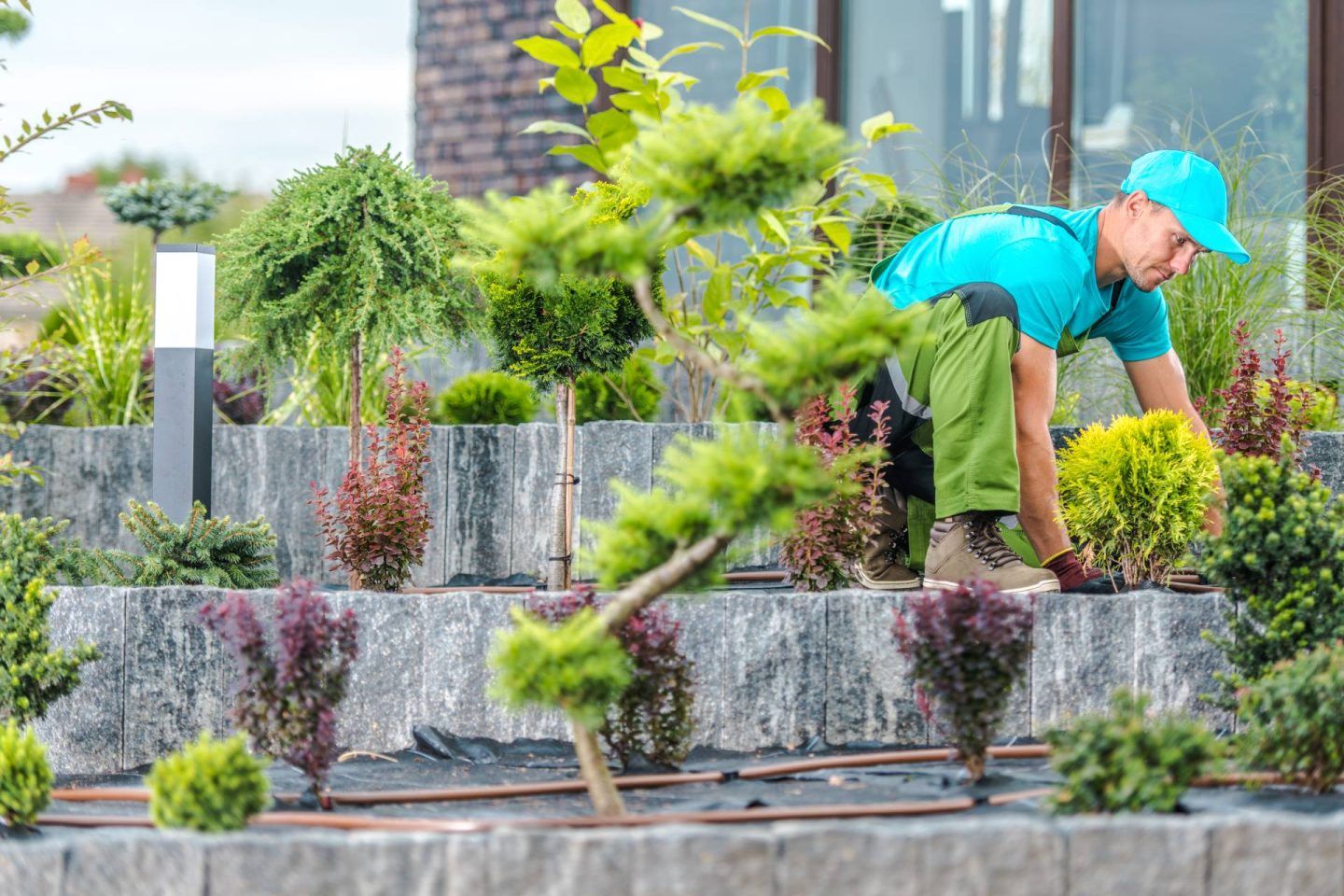
We need green, biodiverse spaces so people and planet can thrive
Studies show that spending time outside has a positive impact on mental and physical health.
Nature helps communities to be more resilient to severe weather – trees lower the temperature of urban areas in heatwaves, while plant roots absorb water in torrential rain and absorb carbon from the atmosphere. Giving communities access to green spaces is vital in helping to bring people together and break down barriers.
We have expert advice from horticulturalists from the Eden Project, together with practical tips from community gardeners on how to make your own community greener.
Use our ideas to let nature in where you live, and remember – small changes can have a big impact.
Use The Big Lunch to sow seeds of change
Wherever you are in your journey to invite nature in, the Big Lunch could be a catalyst for something more.
By bringing your community together – whether that’s a picnic in a local green space, having a cuppa while planting some flowers, or showcasing an open garden – you can help to get people chatting and experiencing nature together.
It’s a great starting point for community action.
0.00 M
Big Lunch participants were more likely to get involved in actively supporting nature and the environment*
0 %
of Big Lunch participants feel a stronger connection with nature and the environment*
0 %
of respondents say spending time in nature lifts their mood**
*after The Big Lunch 2025
**Eden Project Nature Connections Survey (January 2024)
How to involve your community
- Team up with a neighbour and add some planters with bulbs to your street or alleyway. Encourage others to do the same by sharing photos in your neighbourhood WhatsApp or adding a little sign. You could always make extra and gift them to your neighbours – a brilliant way to do something nice whether you’re friendly with them or not!
- Host a planting day in your community. Gather together some bulbs, compost and a variety of pots and planters (you can often find them for free on Gumtree or Facebook Marketplace). You can use plastic bottles cut in half as makeshift trowels, or pierce some holes in the bottom to create a watering can. Do a couple of demonstrations, then set people off planting!
- Organise a community litter pick. Gather some litter pickers and high vis jackets and head out to tidy up your local area. It’s a great way to get to know your neighbours and just an hour can have a big impact.
- Look to see if any conservation charities, ‘Friends of’ park groups or allotments are looking for volunteers. They often offer practical volunteering days bringing together like-minded people in the community to do tasks such as tree-planting, cutting back and more.
How to be more eco-friendly
Making our communities more nature-friendly is just one of many ways we can make a positive change for our planet.
Recycling household items through community events and crafting sessions is a wonderful way to reduce waste and bring people together. Read our swishing top tips to help you hold a clothes-swapping event, cut down on your carbon footprint by organising a walking bus or set up a community food project to help reduce food waste.
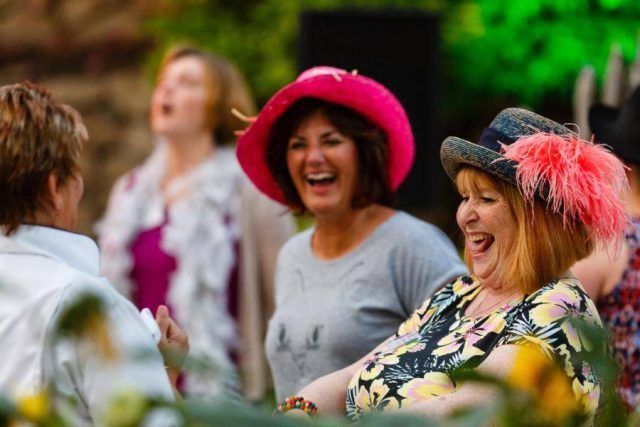
Hold a clothes swapping event
…and invite that friend with great fashion sense…
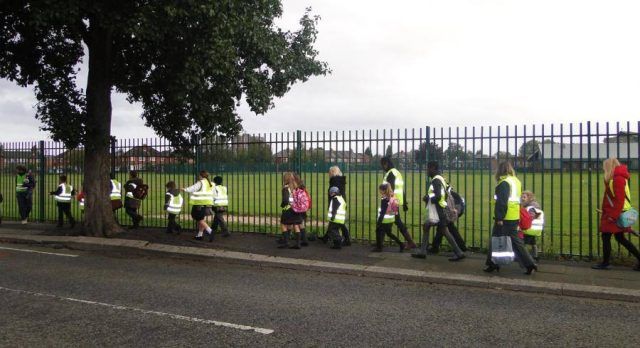
Organise a walking school bus
Little footprints that lower carbon footprints.
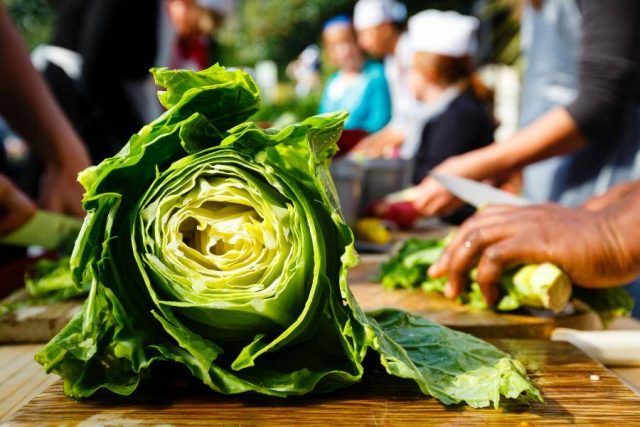
Beat food waste
A free e-book showing you how to eat and grow local.
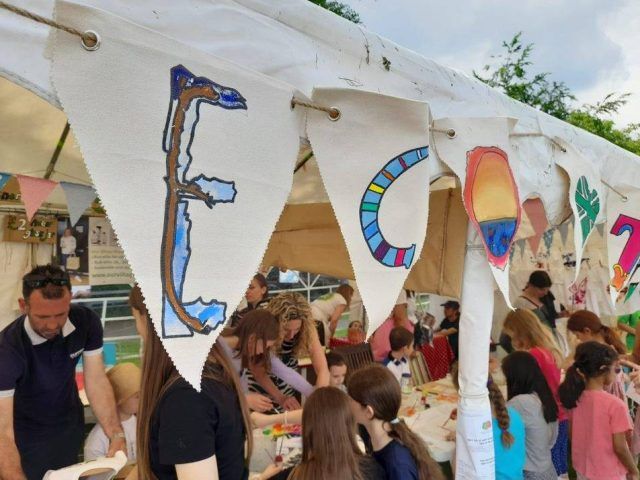
Zero waste event tips
Reuse, reclaim and recycle – looks great and saves money!
“Gardening helps the planet and I want to help stop climate change! I grow things at the allotment, I help the creatures in biodiversity and get experience for the future”£
Fabio, 12
Top tips from community gardener Kathryn
One plant pot was our starting point – a sign that we’d already begun creating a garden, and an invitation to others to get involved.
Start with what you have
You don’t need fancy planters, raised beds or a collection of tools to get started. You need something to hold soil (tyres, old furniture, or a bag for life will do), a growing medium (might a neighbour have a compost heap you could dig from?), and something to grow (seeds are cheap, cuttings are free, and you’ll often find spare seedlings looking for a home in late spring).
Ask for help
I popped a note through my neighbours’ doors, asking for their permission to grow on our shared space, and for their help to do so.
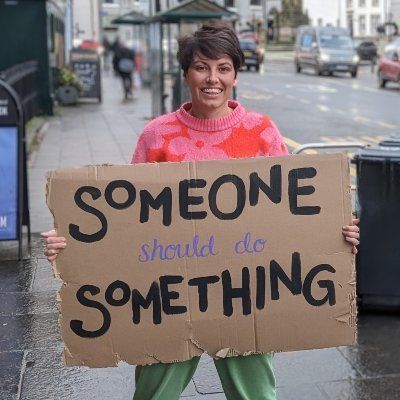
Find all the freebies you can
Gumtree’s freebies page, Facebook marketplace, Freecycle, and our local Tool Library all proved to be invaluable sources of free materials for the garden. Our garden backs onto a road, so putting up handmade signs (‘We need plant pots! Do you have any spare we could have?’) often meant I arrived at the garden to find a pile of new donations.
Share
It was important to me that the garden belonged to everyone. That meant lots of signs inviting people to come in, cut herbs, pick vegetables etc., an ‘open gate’ policy that trusted people not to ruin what we’d created, and a regular practice of giving away anything surplus we had to share. Once, a little girl I’d never met gave me a tour of ‘her’ garden, which felt like the ultimate marker of shared ownership.
Make a start
You don’t need to have all the answers, or be granted formal permission, or constitute a group, or secure funding. Some of those things may come in time (or they might not), but to begin, you just need one plant, one pot, one conversation. Make a start, learn as you go, invite others to join you. And enjoy it – some of my happiest times have been spent in the garden, chatting to new friends, making beauty where before there were only bins.
Listen to these tips instead:

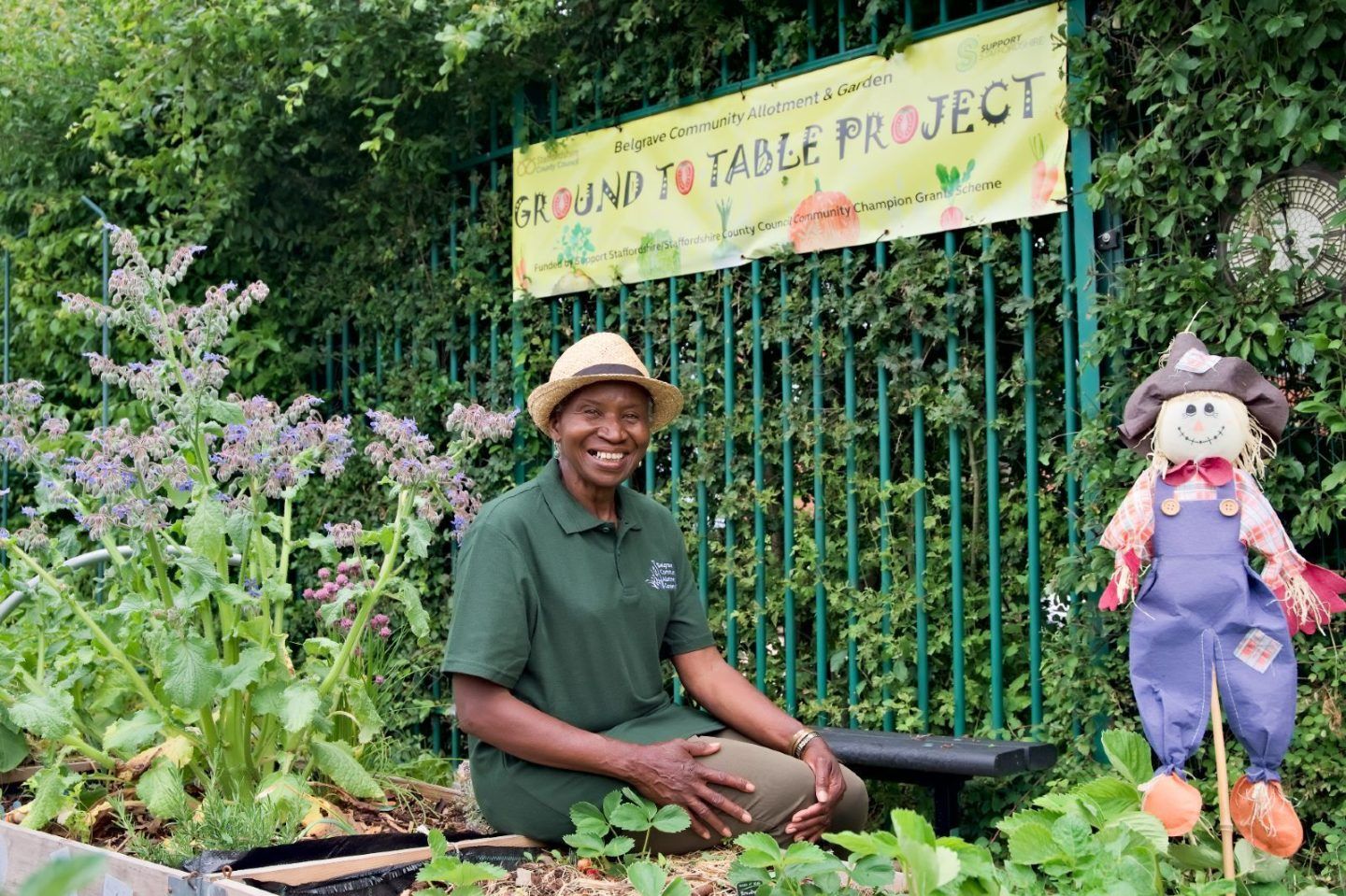
Grow your own
February through to spring is the perfect time to grow your own food, ready for your Big Lunch in June! With a bit of planning and preparation now, you can get ready to cook up a feast come the summer!
We’ve put together our guide of what to plant and when to help you get started.
Hoping to set up a community garden?
If you’re hoping to set up a community garden, shared allotment or other bigger nature project, we’re here to support you. Community gardens can come in all sorts of shapes and sizes, from parks to roof gardens to flowerbeds on city pavements. Read our guide to setting one up below.
Stories from others like you
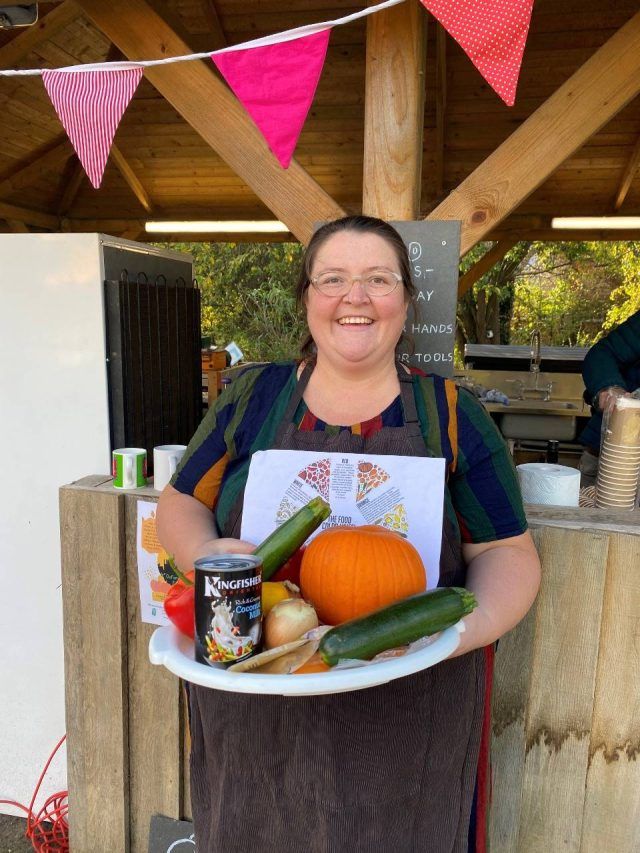
Reducing waste with Cherwell Collective
Emily Connally is the founder of Cherwell Collective, a community interest company using the principles of a circular economy to empower local people to…
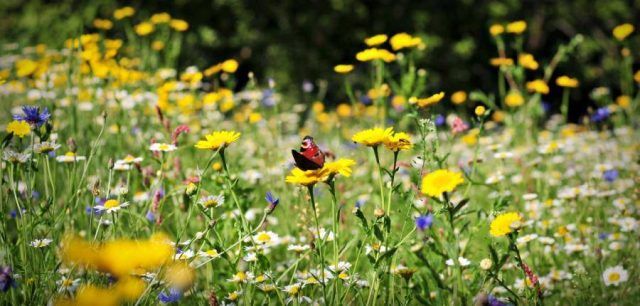
Our community garden has helped reduce social isolation
Mick first found out about The Big Lunch when he attended a Big Lunch task force meeting in Dundee and thought it would be…
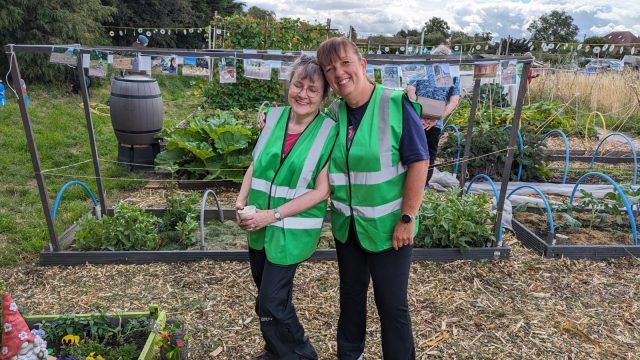
How Tracy started a community allotment
How Tracy found a passion for planting, growing and community connection.
We can help you
If you’re not sure where to start, why not look at our upcoming networking events and support? We can help you connect with like-minded people and give you the support you need to get your idea off the ground.
Where next?

52 sustainable little swaps
Little changes can make all the difference.
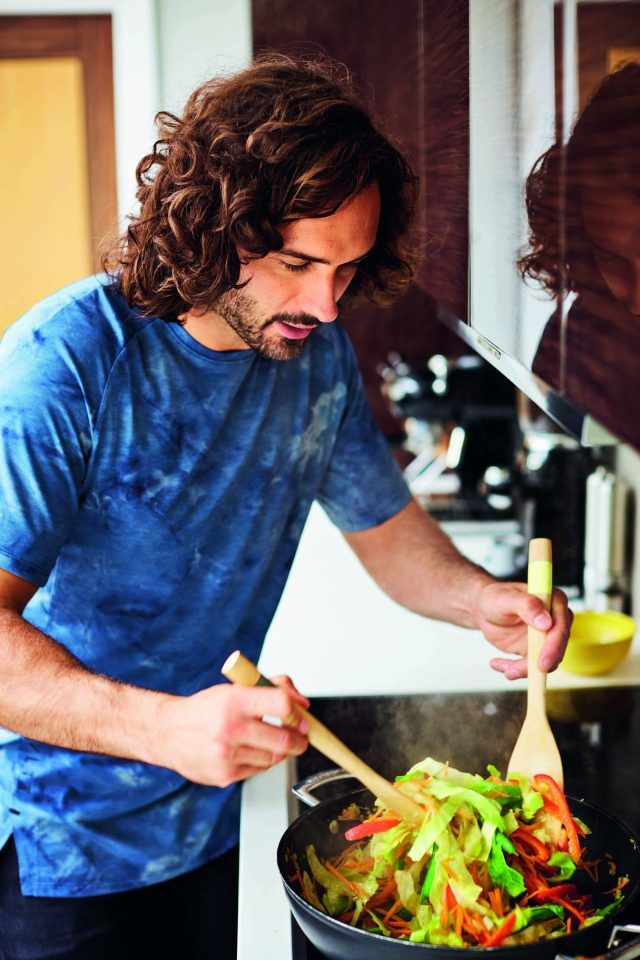
Recipes
Recipe ideas suitable for every occasion, whether you need easy make-ahead recipes…
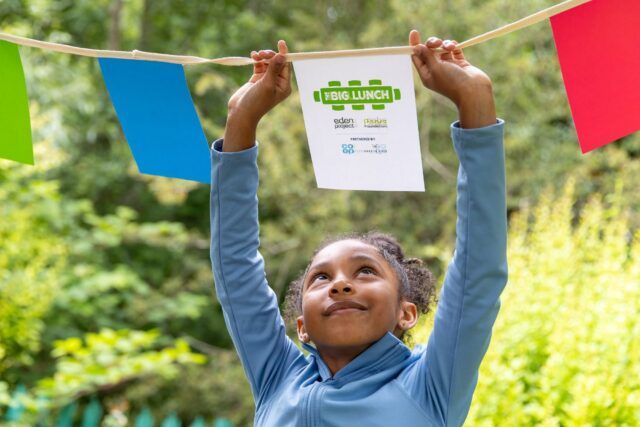
The Big Lunch
Join millions to share friendship, food and fun with a Big Lunch!
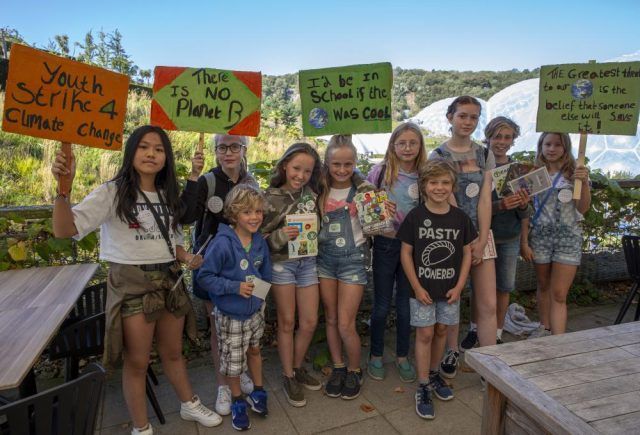
Join the Eden Project movement
Fight climate change, protect the planet and become an eco-advocate.
